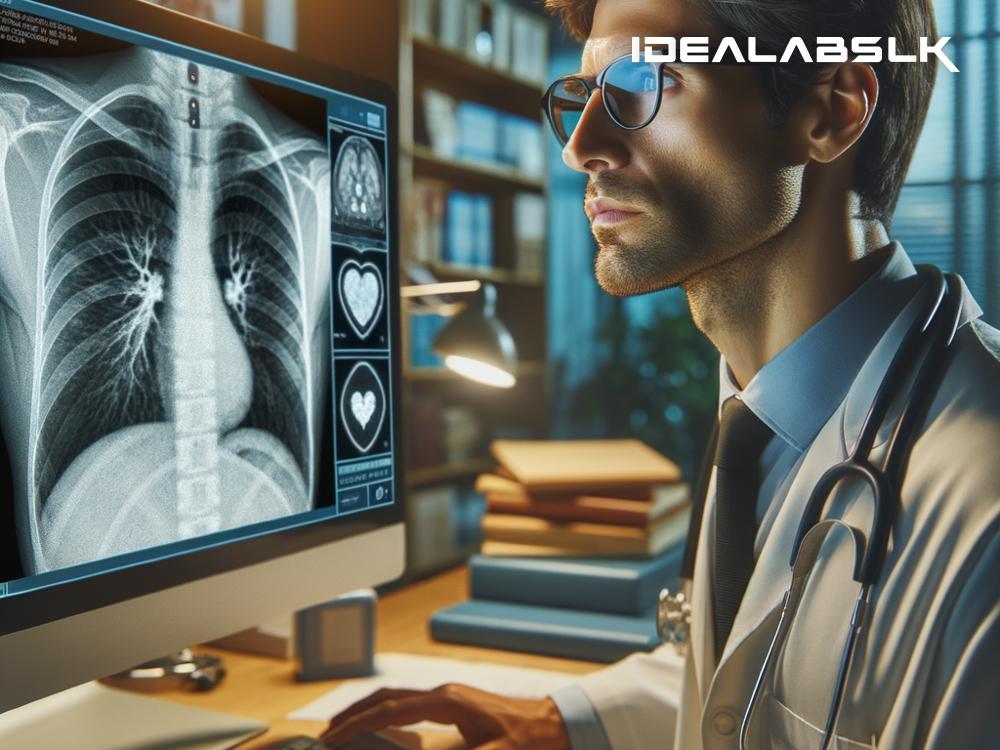In recent years, artificial intelligence (AI) has been making headlines for its revolutionary potential in various sectors, and healthcare is certainly not an exception. One of the most significant impacts AI has had in the healthcare sector is on medical imaging. Through the integration of sophisticated AI algorithms, the process of capturing and analyzing medical images, such as X-rays, CT scans, and MRI scans, has been transformed. This article delves into the benefits of automatic analysis in medical imaging and how it's shaping the future of healthcare.
What is Medical Imaging?
Before we dive into the intricacies of AI's role, let's understand what medical imaging entails. Medical imaging refers to techniques and processes used to create visual representations of the interior of a body for clinical analysis and medical intervention. These images provide valuable information about the anatomy and function of internal organs, helping in diagnosis, monitoring, and treatment of diseases.
The Role of AI in Medical Imaging
AI, particularly in the form of machine learning and deep learning, has been increasingly implemented in medical imaging. These algorithms can efficiently analyze complex medical images, identifying patterns that might not be evident to the human eye. This automated analysis enhances the accuracy and speed of diagnosis. Let's explore the benefits in more detail.
1. Enhanced Diagnostic Accuracy
One of the most notable benefits of AI in medical imaging is its ability to improve diagnostic accuracy. AI algorithms are trained on thousands of images, from which they learn to detect diseases and abnormalities. This can be particularly valuable in identifying early stages of diseases that are difficult for the human eye to discern. By providing a more precise diagnosis, AI assists healthcare professionals in making better-informed treatment decisions.
2. Faster Processing Times
Time is of the essence in healthcare. Traditional methods of analyzing medical images can be time-consuming, relying heavily on the availability and interpretation of specialists. AI significantly speeds up this process by instantly analyzing images and identifying potential issues. This rapid turnaround can be crucial in emergency situations or when early intervention can make a significant difference in treatment outcomes.
3. Reducing Human Error
Humans are not infallible; fatigue, workload, and even the slightest distractions can lead to errors in diagnosis. AI, on the other hand, doesn't tire and can maintain consistent performance regardless of the volume of work. By providing a second set of "eyes," AI can reduce the likelihood of oversight and improve the reliability of diagnostic outcomes.
4. Cost Reduction
Implementing AI in medical imaging can also lead to cost savings for healthcare facilities. With AI handling a significant portion of the analysis work, the need for a large team of specialists can be reduced. Additionally, by improving diagnostic accuracy and speed, AI can help reduce the number of unnecessary tests and procedures, further decreasing costs.
5. Enhanced Patient Experience
Finally, the integration of AI in medical imaging benefits patients directly. Faster diagnosis and treatment initiation can significantly improve patient outcomes. Moreover, by reducing the need for multiple tests and follow-up appointments, patient stress and inconvenience are minimized.
Challenges and Considerations
Despite these benefits, incorporating AI into medical imaging is not without challenges. Concerns regarding data privacy, the need for extensive training datasets, and the potential for AI to misinterpret images in rare cases are valid points that are currently being addressed. Moreover, the human element remains crucial, especially in complex cases where human judgement and empathy are irreplaceable.
Conclusion
The integration of artificial intelligence in medical imaging has marked a new era in healthcare. By enhancing diagnostic accuracy, reducing processing times, minimizing human error, cutting costs, and improving patient experience, AI is undeniably transforming the field. As technology continues to evolve and overcome current challenges, the full potential of AI in healthcare is yet to be realized. Nonetheless, it's clear that AI holds the promise of significantly improving the way we diagnose and treat diseases, paving the way for a future where healthcare is more accurate, efficient, and patient-friendly.

